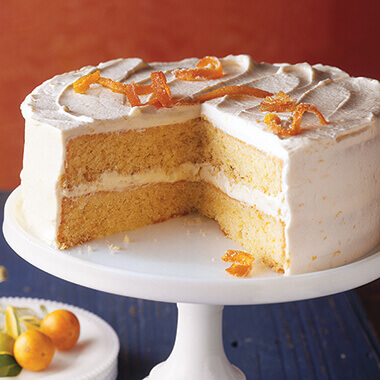

Cookie Ingredients: The Way the Cookie Crumbles
You’ve made them a hundred times: chocolate chip cookies. But have you ever put thought into what role each ingredient plays? Baking really is a science, and sometimes knowing the science behind the ingredients you’re using will help you achieve the perfect cookie.
 by
Land O'Lakes Test Kitchen
by
Land O'Lakes Test Kitchen
 by
Land O'Lakes Test Kitchen
by
Land O'Lakes Test Kitchen
You’ve made them a hundred times: chocolate chip cookies. But have you ever put thought into what role each ingredient plays? Baking really is a science, and sometimes knowing the science behind the ingredients you’re using will help you achieve the perfect cookie.
What Role Does Butter Play When Baking Cookies?
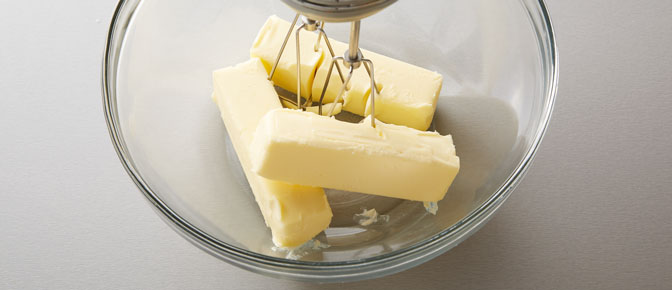
Fat is a very important ingredient in cookies – it tenderizes, crisps and browns, adds color and a wonderful flavor that is impossible to duplicate. Butter, our fat of choice, ensures good baking results and adds the most desirable taste, texture and appearance. When making cookies, don’t use low-fat spreads with less than 70 percent fat – the high water content of these products may cause your cookies to spread and be too soft. One question we hear quite often is this: “Should I use salted or unsalted butter in my cookies?” The answer is that you can use them interchangeably in a recipe – the amount of salt in salted butter is so small that it won’t affect your cookies. It really comes down to your personal preference.
What Role Does Sugar Play When Baking Cookies?
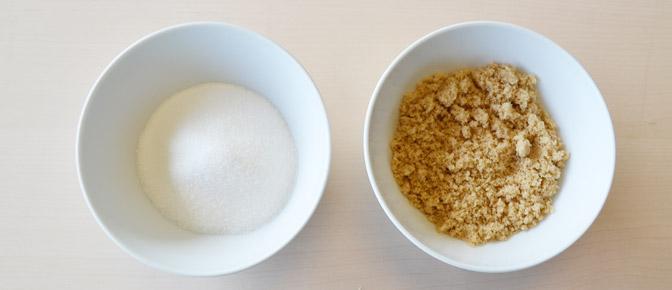
Sugar does three main things: it sweetens, browns and tenderizes. Sugar helps hold moisture, which contributes to a tender cookie. The crystals in the sugar help form structure in the cookie by making space filled with carbon dioxide when the leavening agents react.
What Do Eggs Do For Cookies?
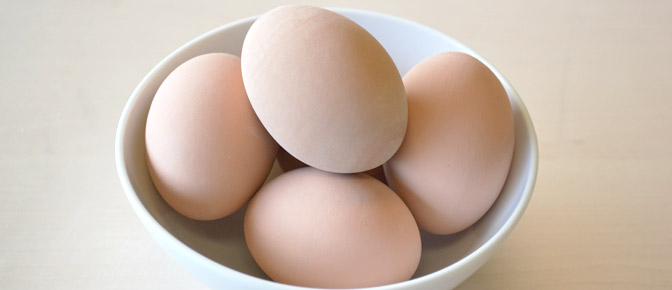
Eggs perform many different functions in baking. They add flavor, color, structure and act as an emulsifier. The fat in the egg yolk provides a light texture and a tender final product while the egg whites act like a leavening agent and provide volume.
What Role Does Flour Play When Baking Cookies?
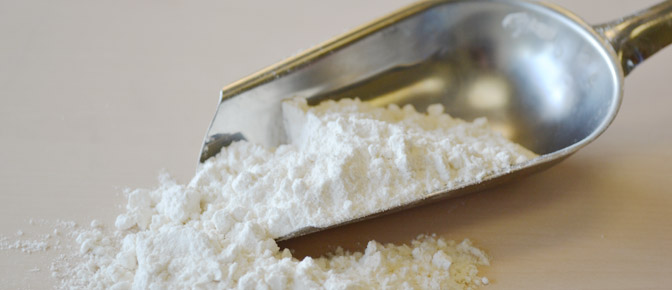
Flour is the main ingredient that provides structure in a cookie – without it, there would be no cookie! The gluten in flour forms a web of sorts – the framework that catches the air bubbles/gasses given off during rising. This helps provide the structure. The protein content of flour will affect the strength of the dough. High protein flour (such as bread flour) has a higher gluten content, which makes for a tougher product. This is desirable in yeast breads, but not in cookies. A lower protein flour (all-purpose) has a lower gluten content and yields a more tender product. The addition of fats and sugars can help restrict gluten formation, which helps make a softer, more tender cookie.
What Is The Function Of Baking Powder Or Baking Soda In Cookies?
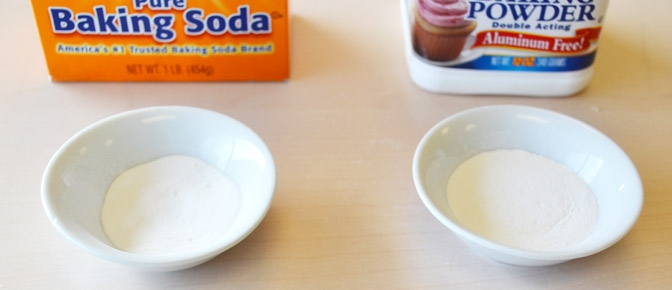
It is a common misconception that baking powder and baking soda can be used interchangeably in a recipe. Although they are both added to cookies so they will rise, they function very differently. Baking powder is a chemical leavening agent that combines baking soda, an acid such as cream of tartar, and a moisture absorber such as cornstarch. It requires heat to become active.
Baking soda (or sodium bicarbonate) is used as a leavening agent in recipes containing acidic ingredients such as brown sugar, buttermilk, vinegar, molasses or sour cream. The chemical reaction between the ingredients causes the baking soda to become active. Unlike baking powder, heat isn’t necessary for the chemical reaction.
Do You Put Salt In Cookies?
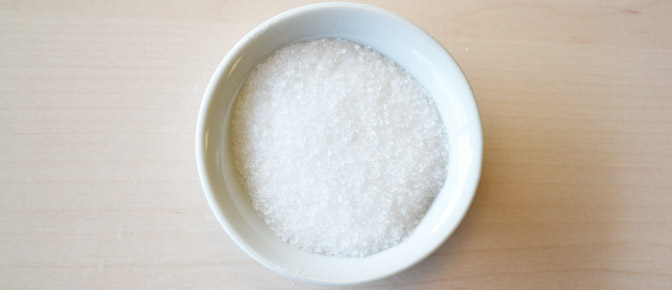
Salt adds subtle flavor to cookies, and it helps strengthen the gluten in the flour. We think cookies need a little salt, but always follow the recipe for an exact amount, it’s usually somewhere between ¼ and 1 teaspoon.
So, the next time you’re in the kitchen making cookies, remember that each ingredient plays an integral role in the recipe. Hopefully, understanding the role of each ingredient will help you to bake your best cookies ever.
Share Your Thoughts
Did you find this article helpful? Has it inspired you? What else would you like to know?



